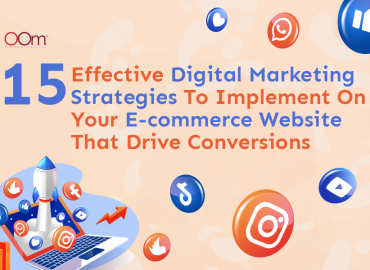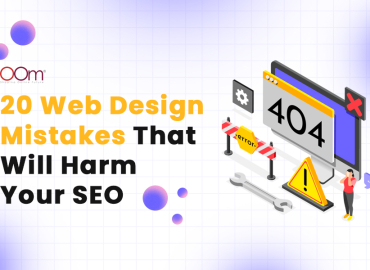Running an e-commerce website may be one of the smartest business decisions anyone could ever make. It’s a highly effective business strategy that’s open to many opportunities, especially if you consider how everything revolves around the Internet these days.
With billions of online shoppers worldwide, it’s not surprising to see many businesses shift their focus towards e-commerce. Doing so expands their reach, attracts thousands of potential customers, and broadens the range of services. However, if there’s one thing you should focus on, it’s choosing the right e-commerce platform.
The first step to creating an excellent e-commerce website is using the right platform. There are many viable options on the market, but choosing the perfect platform should help you put your online store on the spotlight. So as much as possible, devote your time to selecting a proper e-commerce platform above all else.
These are the pros and cons of the best e-commerce platforms.
The Top 5 E-Commerce Platforms
1. WooCommerce

Need something accessible and easy to use? Consider using WooCommerce for your online store, one of the most popular platforms for e-commerce sites worldwide. Since it’s a plugin made for WordPress, using WooCommerce is simple, especially if you already own WordPress.
However, serving as a plugin for WordPress may sometimes be a double-edged sword if you think about it. On the one hand, it’s highly customisable and convenient to manage. On the other, you’ll need to access WordPress before you do so.
Pros:
- Free to Use
- Various Modes of Payment
- Offers Hundreds of Plugins
- Choose any WordPress Themes
- Unlimited Display of Products and Items
Cons:
- Requires WordPress
- Limited Storage Capacity (Depending on your Web Host)
2. Magento

Hundreds of online stores are using Magento, and it’s for many great reasons. One of them is the fact that it’s perfect for startups and small businesses. The scalability and responsiveness of Magento make it an ideal platform for online stores around the world. Plus, it’s an open-source software program, meaning you can tweak its features to your desire.
Even first-time businesses owners can use Magento. You should take note, however, that utilising Magento requires at least a bit of knowledge development. If you find it hard to use Magento, it’s probably for the best to hire a web developer to help you.
Pros:
- Smooth User-Interface
- Unlimited Products and Items
- Offers Thousands of Extensions
- Optimised for SEO
Cons:
- Steep Learning Curve
- Lack of 24/7 Customer Services
3. Shopify

Whether you’re a newbie or veteran in the e-commerce industry, you can’t go wrong with Shopify, one of the best platforms available. Shopify is a standalone e-commerce platform (unlike WooCommerce), and many business owners use it for its benefits, including unlimited storage and various free features.
Fast, responsive, and reliable—Shopify takes in pride in such words, but how trustworthy is their platform anyway?
Pros:
- User-Friendly
- Free Features (Social Media Integration, Reports, Stats, Etc.)
- 24/7 Customer Service
- Ideal for Both Online and Offline Use
Cons:
- Requires Payment to Use
- Shopify Controls your Site’s Data
4. WiX

If you’re on a tight budget and you need to work on an online store on the go, Wix might be your best choice. Wix is an e-commerce platform that requires little knowledge in web development whatsoever. It’s easy to use, perfect for mobile users, and boasts countless free themes and templates.
Many startup owners could utilise Wix as their go-to platform before trying out the other options. Plus, you won’t have a hard time trying to design your online store, thanks to the hundreds of creative templates and themes.
Pros:
- Easy to Use
- Hundreds of Free Themes
- Offers Web Design Opportunities
- Runs Smoothly
Cons:
- Lacks SEO Capabilities
- Limited Marketing Features
5. 3dCart

Many e-commerce platforms are mobile-friendly, but not all of them could match the capabilities of 3Dcart. For all your mobile-friendly necessities, 3Dcart is right up your alley. It’s a well-rounded platform for customising an online store with efficient features and a handful of customisable options. For that reason, many first-time online store owners prefer to use 3Dcart, especially if they want to optimise their site for mobile use.
Pros:
- Free Templates
- Accessible for First-time Users
- Offers Customer Support
- Unlimited File Storage And Products (For Free)
Cons:
- Upgrades Require Payment
- Not as Customisable Compared to other Platforms
Choose The Right One
At the end of the day, there’s no wrong or right choice. The perfect platform for your online store will boil down to three factors: your time, money, and knowledge in web development. Not to mention, you’ll have to consider the benefits of these platforms on your site’s SEO and SEM. Keep these in mind when you’re going to choose among the top 5 e-commerce platforms.
Visit our blog for more tips related to digital marketing. Get in touch with our SEO company in Singapore by calling us at +65 6391 0930.





